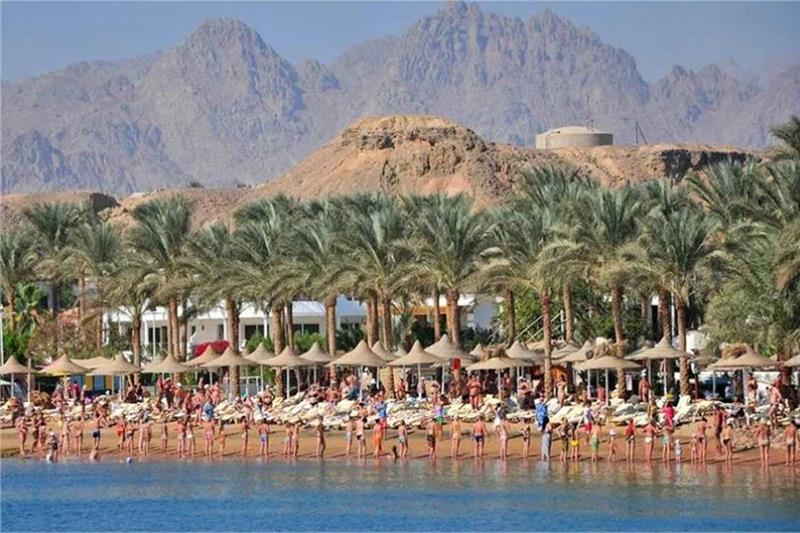
Egypt’s Minister of Environment, Dr. Yasmine Fouad, has described the transformation of Sharm El-Sheikh into a fully green city as “an Egyptian dream that has come true in just three years,” affirming the nation’s commitment to sustainable development and eco-tourism.
Speaking during a high-level ceremony honouring private sector pioneers in Sharm El-Sheikh’s green transition, Dr. Fouad praised the collaboration between government entities, investors, and international partners. “When it was declared a green city at the COP27 Climate Conference, we proved to the world that we are capable,” she said.
The ceremony was organised by the Green Sharm Project and attended by the Governor of South Sinai, Dr. Khaled Mubarak, as well as representatives from the UN Development Programme,
Egypt’s tourism sector, and civil society. Among those recognised were hoteliers and businesses who installed solar-powered systems and adopted eco-friendly practices despite tight deadlines and significant challenges.
Dr. Fouad stressed the importance of enabling private sector participation through supportive policies and financial mechanisms, such as soft loans.
“Empowering the private sector requires creating opportunities, alternatives, and initiatives for a green transformation,” she stated.
Highlighting Egypt’s broader green energy goals, she revealed that 37% of Egypt’s energy mix currently comes from renewable sources, with a target of 42% by 2030.
The shift is expected to not only reduce emissions but also create jobs and reduce electricity costs for citizens and businesses.
Ten hotels were honoured for installing solar power stations, increasing the total number of eco-certified hotels in the city to over 25.
One hotel chain was recognised for eliminating single-use plastic bottles and replacing them with a purification and refill system, while also pioneering the collection of used cooking oil.
The Governor of South Sinai applauded the initiative, calling it “a new vision and path adopted by the Egyptian state.” He urged expansion of the model across the governorate and beyond.
UNDP’s Resident Representative, Alessandro Fracassetti, lauded the collaboration between national and international stakeholders, noting that Sharm El-Sheikh had increased its solar energy capacity more than tenfold.
“This is a testament to the power of partnerships,” he said, also congratulating Dr. Fouad on her new UN appointment.
Engineer Mohamed Aliwa, Director of the Green Sharm Project, concluded by reaffirming the programme’s mission to implement low-emission technologies and protect natural resources.
“We are reaping the fruits of more than two years of continuous work,” he said, applauding the synergy between government, private sector, and civil society in making Sharm El-Sheikh a beacon of sustainable development.



